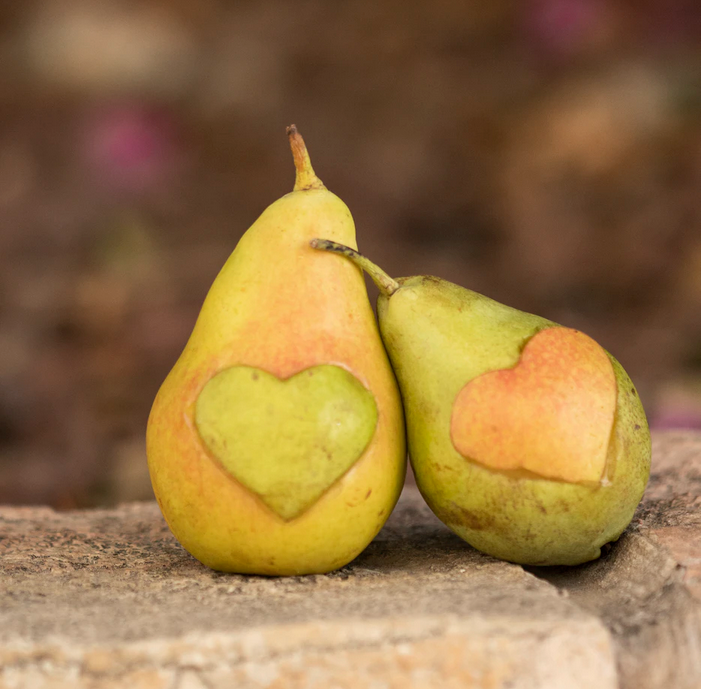
 by Elisabeth Cerqueira, Dt.P.,
Nutritionist/dietitian and President of NutriSimple
by Elisabeth Cerqueira, Dt.P.,
Nutritionist/dietitian and President of NutriSimple

For some people, stress causes a loss of appetite, while for others, eating helps to relieve stress. Keep this in mind: "It's normal to eat our emotions! What is not normal is when we feel guilty about it! " This guilt about eating only causes more stress, and the vicious circle begins we eat to relieve stress, and then we stress because we've overeaten.
Consulting a nutritionist/dietitian is a must if you are living in this vicious circle. For example, our clients often report the following comment: "I cheated because I was too stressed; I'm going to deprive myself now." If food is a way to soothe you, but the restriction imposed following the act of eating generates food rages, this can lead to eating disorders, including hyperphagia or bulimia. If stress or emotions push you to eat, do it consciously without feeling guilty. You will ultimately move away from this vicious circle.
Besides, cortisol, an important steroid hormone secreted in response to stress, can affect mental health, including mood stability. Indeed, when cortisol is secreted in excess, it can disrupt serotonin, the happiness hormone. In turn, your cravings for snacks will be accentuated to soothe this stress/anxiety/depression. Therefore, it is important not to feel guilty when we eat out of anxiety so as not to create more stress. When you eat, avoid all distractions and concentrate only on your food, taste, smell, and appearance. Forget about labels for good or bad food. Know that what is important is a healthy relationship with all foods. This may help you reduce your food impulsivity and guilt.
Similarly, according to scientific literature, people with severe dietary restrictions are particularly vulnerable to negative feelings about them, which in turn leads to higher levels of anxiety and depression. As a result of this anxiety, people often develop a disturbed reaction to food. In other words, anxiety may cause someone to overeat to calm down.
So, instead of putting yourself in restriction mode, it is important to step back and analyze your relationship with food. If you feel guilty after eating, consult a nutritionist/dietitian and/or psychologist to help you make this relationship healthier. Furthermore, it's not dieting, nor the use of self-proclaimed pseudo-nutrition experts, that will help you better manage your stress and develop a better relationship with your body and food. Be aware that dietitians/nutritionists will focus on treating the problem at the source rather than focusing solely on weight loss. In fact, be mindful that if 75-85% of people regain the weight loss in less than 5 years, it is often because the relationship with food and body has not been the target, only the weight on the scale.
Move away from the diet culture, considering the impact of your stress on your diet, and start developing a healthy relationship with all foods.
References:
https://anebquebec.com/
Stress and Eating behaviours
The Role of Nutrition in Mental Health Promotion and Prevention (1)
Le poids et la santé: ce que dit la science.
Psychiatry Res. 2013 Jul 30;208(2):156-61.
Obes Rev 2016 Jan;17(1):30-42.